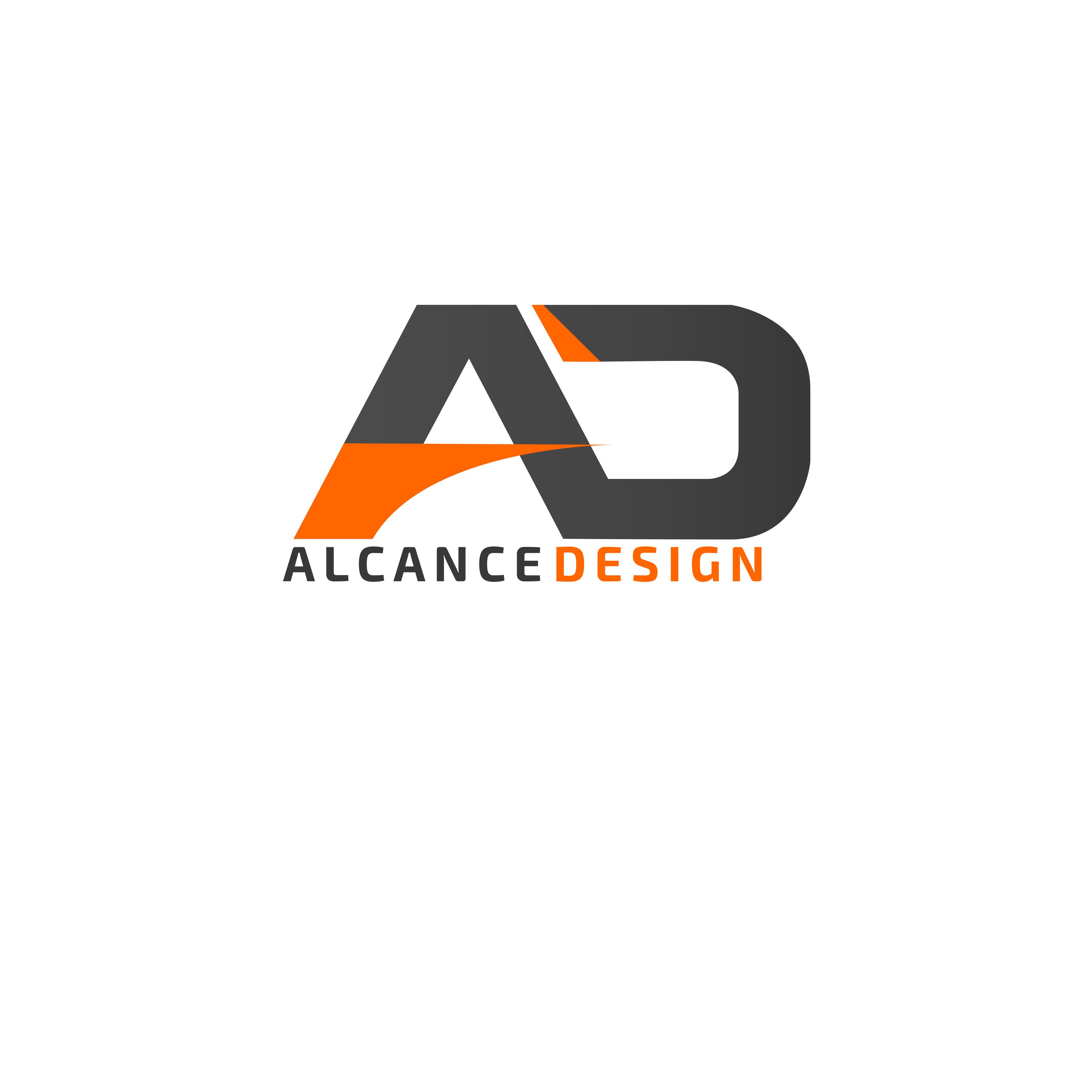As an SEO specialist for the last three years, you’d think I would have been a BrightonSEO regular – even if just an excuse to get out of the office for a day – but unfortunately, the occasion never came, and it’s slightly embarrassing to say this was my first one.
So, keen to finally lose my BrightonSEO virginity, I set forth hoping to fill my tank with a day of SEO knowledge from speakers across the country. One talk I thought would be incredibly useful was Site Speed Optimisation. The speakers there were Fili Weise, ex-Google engineer, and Chris Simmance, Director at Optimus Digital Ltd, who is actually a Koozai alumni!
Anyone who has practiced SEO will know that improving the speed of the site is one of the most practical things you can do to help your clients. And with Google recently stating that speed on mobile is one of its ranking factors, speed is something that should be at the front of any SEOer’s mind.
My Key Takeaways from the Talk
Most of you practicing SEO, or indeed learning about SEO, will know that there are a lot of things you can do to improve your site speed; optimising images, leveraging browser caching, optimising for above the fold and minimizing JS and CSS are just a few of the ever-constant list of things Google asks you to do when using their page speed insight tool. Also, if you’re new to site speed, here’s a really useful guide to all the different page speed metrics available. But, here’s a list of things that I learnt about optimising your site speed in Brighton.
Plug-ins are a Myth
Optimising for site speed can be a very laborious and manual task, and in the interest of time and resource, there can be a strong desire to streamline the process. Plug-ins offer a great way to help do this – particularly the image optimising plug-ins. However, having a plug-in may actually be slowing down your website, as they include additional PHP and SQL requests that slow down the process. Manually optimising and re-uploading them can offer huge benefits to the compression size, without compromising the quality of the image. Even if it takes slightly longer, the results can be much more worthwhile.
Update your PHP to Version 7
A lot of websites are run using WordPress, in which case they are run using PHP. Upgrading your PHP to version 7 can have huge benefits to the speed of your website. When comparing PHP 7 to its predecessor PHP 5.6, it can handle two to three times the number of requests per second and is much faster at handling PHP code. Both of which will mean much faster page load times.
Get OCSP Stapling for HTTPS
You can optimise your HTTPS server by enabling OCSP stapling; as well as improving connection times by up to 30%, it also improves the security and privacy of your website. OCSP stapling is a technique to get revocation information to browsers by including a current OCSP response for the certificate included into the initial HTTPS connection. So rather than have browsers having to request for the OCSP, it’s already stapled on. This means browsers have a more secure way of knowing whether the HTTPS site has been compromised, and it also means a much faster request from server to browser.
Go Through all your Third-Party Tools
Third-party tools are sometimes essential to a website – particularly if you’re using review tools. However, third party tools and plug ins add extra baggage to your website and weighs it down with unnecessary code and JavaScript. Be scrupulous with your third-party tools; ensure they are cached regularly and purge any tools that you don’t need, and get rid of all and any if they provide no real use to your website.
Manage Client Expectation when Undertaking Site Speed Recommendations
As mentioned, site speed is a huge factor when it comes to SEO. Google wants the web to be a faster place in order for it to be more enjoyable, and, I’m sure the opinion is universal when we say the web is much more enjoyable when websites load quickly.
However, improving the speed of a website rarely sees huge ranking boosts. It also rarely brings about huge visibility improvements and it won’t immediately bring huge organic traffic changes either. What improving site speed does do, however, is affect crawling stats, improves engagement metrics and conversions, and will help improve the reputation of your brand.
Those are some of the top tips I found most useful from the Site Speed talks. Hopefully you can take a few of these tips back with you and optimise your website.










